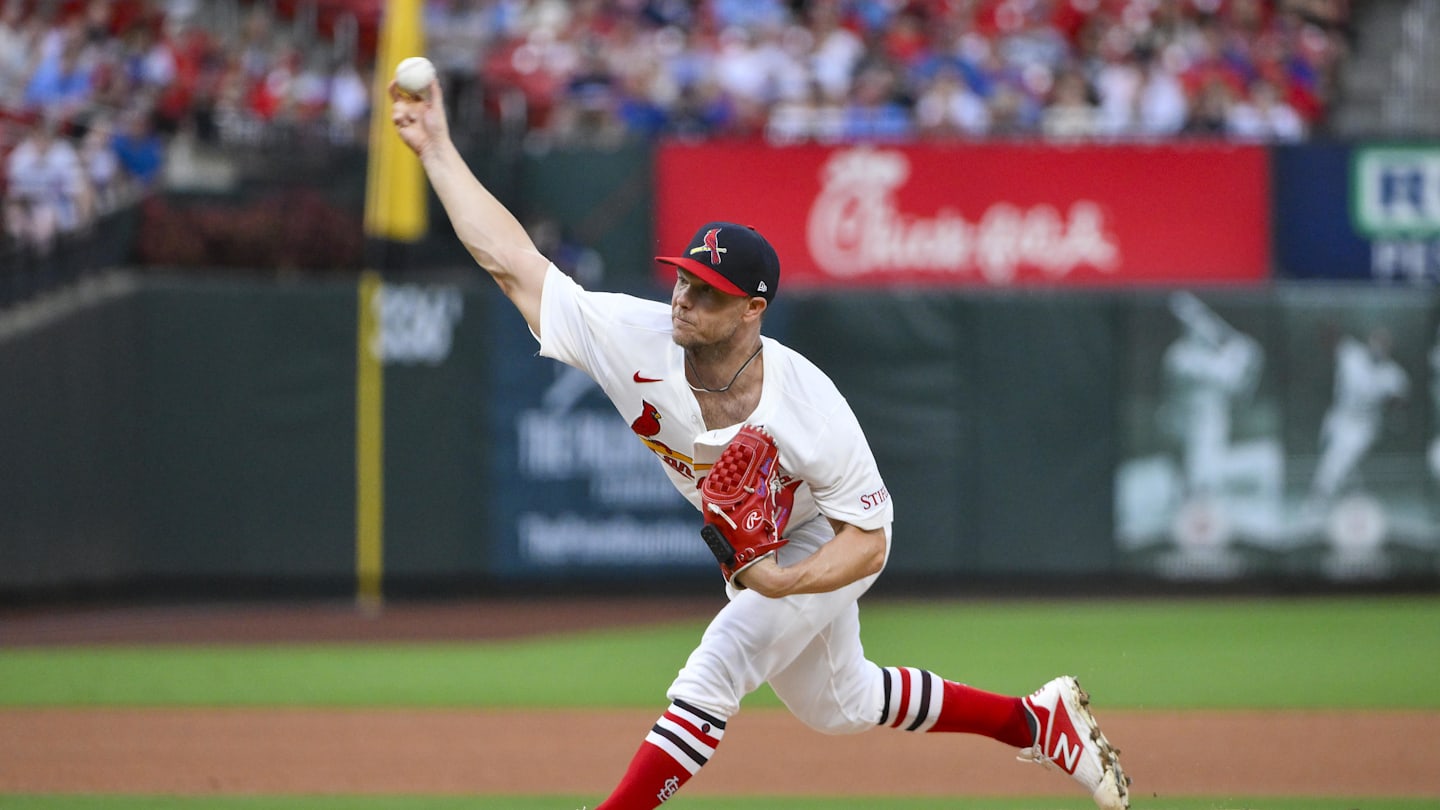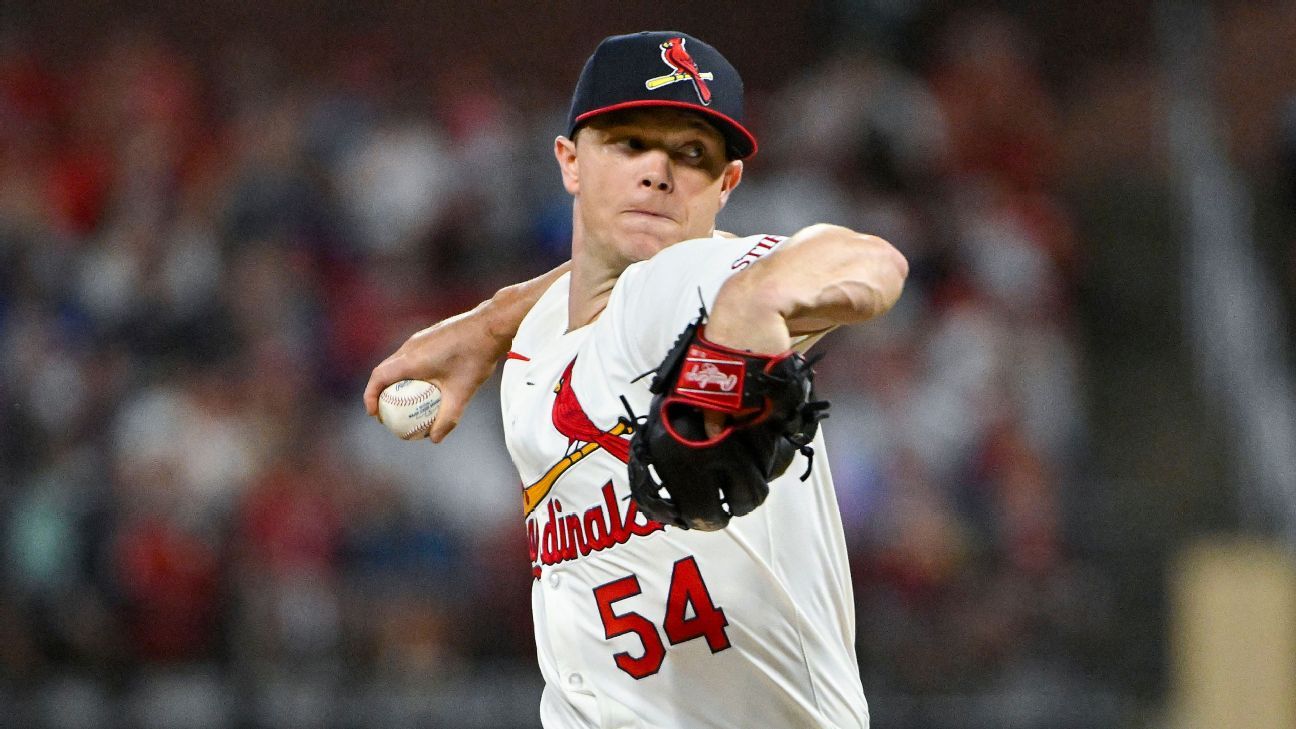Another Band-Aid on a Bullet Wound
Don’t Believe the Hype. Ever.
So, the corporate news tickers are buzzing. ESPN’s little blue checkmark mouthpieces are dutifully chirping their pre-approved scripts. “Red Sox get their man!” they scream. “Boston shores up the rotation!” What a joke. What an absolute, unmitigated farce. You are being sold a bill of goods, a cheap narrative designed to distract you from the rot at the core of the Boston Red Sox organization and, frankly, the entirety of Major League Baseball. This isn’t a baseball trade. It’s a financial transaction, a desperate PR stunt, and another sad chapter in the slow, agonizing death of a once-proud franchise.
Let’s be clear. Sonny Gray is a fine pitcher. He’s a professional. He throws a baseball well enough to have a long, lucrative career. Good for him. But he is not the answer. He is not a savior riding in on a white horse to rescue this floundering, directionless mess of a team from the consequences of its own incompetence. He is an expensive patch, a stopgap, a temporary fix for a foundational crack that the ownership group—the real culprits here—has allowed to fester into a chasm. They want you to see this move and think, “Oh good, they’re trying!” They aren’t trying to win. They’re trying to sell tickets for September. Big difference.
Follow the Money. It Never Lies.
Peel back the layers of this deal, past the empty platitudes from the front office and the breathless analysis from commentators who are on the league’s payroll (whether they know it or not). What do you find? Cash. The St. Louis Cardinals, a team that has thrown in the towel, is literally paying the Boston Red Sox—a supposed big-market juggernaut—to take this contract off their hands. Think about that for a second. The Cardinals are so eager to dump salary that they’re sweetening the pot. This isn’t about baseball talent. It’s about accounting. It’s about moving liabilities off one spreadsheet and onto another. The players, Richard Fitts and Brandon Clarke, are just rounding errors in the equation. They are names, fungible assets, thrown in to make it look like a legitimate sports trade rather than what it really is: a backroom deal between two C-suite executives.
The Illusion of Action
The Red Sox ownership group is terrified. They have systematically alienated their fan base by gutting the team of its homegrown superstars (Mookie Betts, anyone?), refusing to pay market value for top-tier talent, and raising ticket prices to astronomical levels while fielding a mediocre product. They’ve turned Fenway Park from a cathedral of baseball into a tourist trap with a ballgame attached. The natives are getting restless. The seats aren’t as full. The ratings are slipping. So what do you do? You create the illusion of action. You make a move—any move—to change the narrative. You bring in a recognizable name like Sonny Gray, a guy people have heard of, and you spin it as a bold, aggressive push for the postseason. It’s classic misdirection. A magic trick. Look over here at the shiny new toy so you don’t look at the crumbling infrastructure all around you.
And poor Sonny Gray is just a pawn in their game. He had to waive his no-trade clause. What does that even mean anymore? It’s a phantom clause. He was on a losing team going nowhere, and another team (with a bigger wallet, supposedly) comes calling with a chance to maybe, just maybe, play in a one-game playoff. It’s not a choice; it’s an offer he can’t refuse. The league and the players’ union have created a system where these guys are just high-priced migrant workers, moving from city to city, their loyalty not to a team or a fan base, but to the next contract, the next short-term opportunity. It’s a soulless existence, and this trade is the perfect embodiment of that cold, hard reality.
The Cardinal Sin of Mediocrity
And what about the Cardinals? Don’t for a second think they’re the victims here. They are just as culpable. They are willingly embracing mediocrity. Instead of retooling, rebuilding, or trying to fix their mess, they’re just shedding salary. Selling off parts to save a few bucks. This is the modern baseball way. Why spend money to compete when you can slash payroll, collect revenue-sharing checks from the league, and promise your fans a brighter future that never seems to arrive? They got a couple of lottery-ticket prospects who, if we’re being brutally honest, will most likely never amount to anything significant at the major league level. The system is designed for this. It rewards teams for being cheap and punishes teams for trying to win (hello, luxury tax). The Cardinals are just playing the game the way the owners designed it. It’s smart business. And it’s killing the sport.
A System Built on Greed
This isn’t an isolated incident. This is the system functioning as intended. It’s a closed loop of billionaires shuffling assets (because that’s all the players are to them) to maximize profit while maintaining a veneer of competition. The media, led by guys like Jeff Passan, are the public relations arm of this operation. They get the “scoop” because they are trusted to frame the narrative in a way that benefits the league. They won’t tell you this is a salary dump. They’ll call it a “savvy move.” They won’t tell you the Red Sox are desperate. They’ll say they’re “going for it.”
It’s all smoke and mirrors. The real game is played in the boardrooms, not on the field. It’s a game of leverage, of television contracts worth billions, of real estate development around the stadiums, of squeezing every last cent out of the loyal, emotionally-invested fan who still believes this is about civic pride and the love of the game. They are selling you nostalgia for a product that no longer exists. And this Sonny Gray trade? It’s just the latest advertisement. A hollow, meaningless gesture from a hollow, meaningless franchise that has sold its soul for a better quarterly earnings report. Don’t buy it. Don’t ever buy it.


